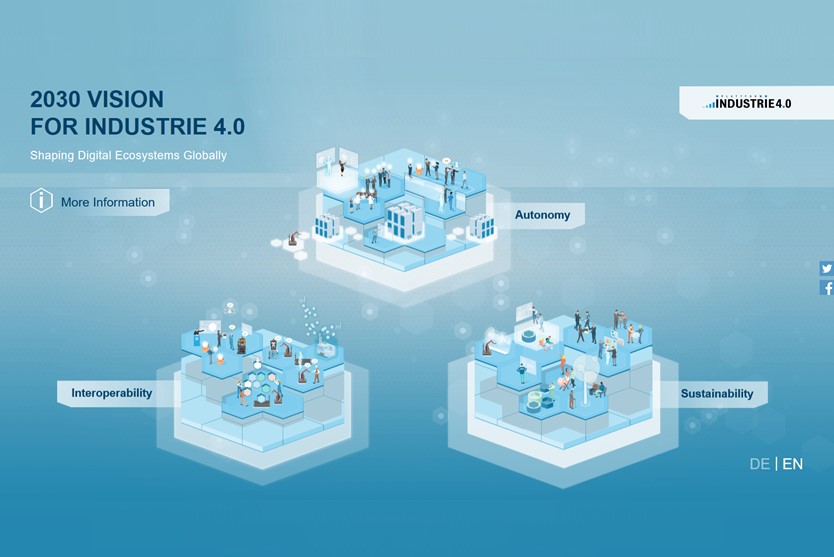What were the challenges to be solved and what specific benefits were achieved?
Industrie 4.0 issues a huge challenge to the Chair of Production Systems to investigate new applications, to implement and validate them within the LPS Learning Factory and to incorporate Industrie 4.0 into the academic syllabus.
How can the Industrie 4.0 approach be described?
The APPsist project aims at developing a service-based software architecture. The functionalities are implemented by largely independent, dedicated services which are composed into a complete system. It generally follows the principles of a microservice architecture.
What could be achieved?
Intelligent assistance systems like the APPsist system are designed to support shop floor employees and thus to enable companies to flexibly appoint their employees, to optimize production figures (MTTR, downtimes, quality degrees etc.) and to fix times for on-the-job learning periods.
What measures have been taken to achieve the solution?
Within the research project, the close collaboration with the software specialist of imc, the German Research Center for Artificial Intelligence and Fraunhofer IAO has been very successful. Sharing the development of an assistance system with a service-based architecture has made huge sense and turned out a success.
What can others learn from it?
Once the research project is finished, the Chair of Production Systems will have implemented different Industrie 4.0 scenarios within the LPS Learning Factory. It can use the benefits of this special Industrie 4.0 sector (assistance systems for shop floor employees) and may demonstrate praxis-oriented simulations to seminar participants who will be able to explore and experience these benefits by themselves.




